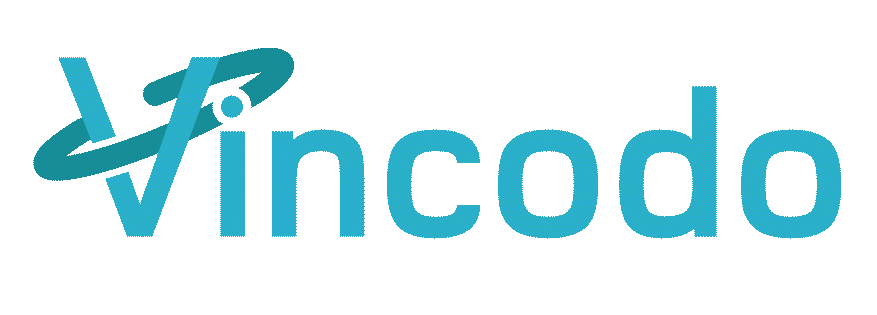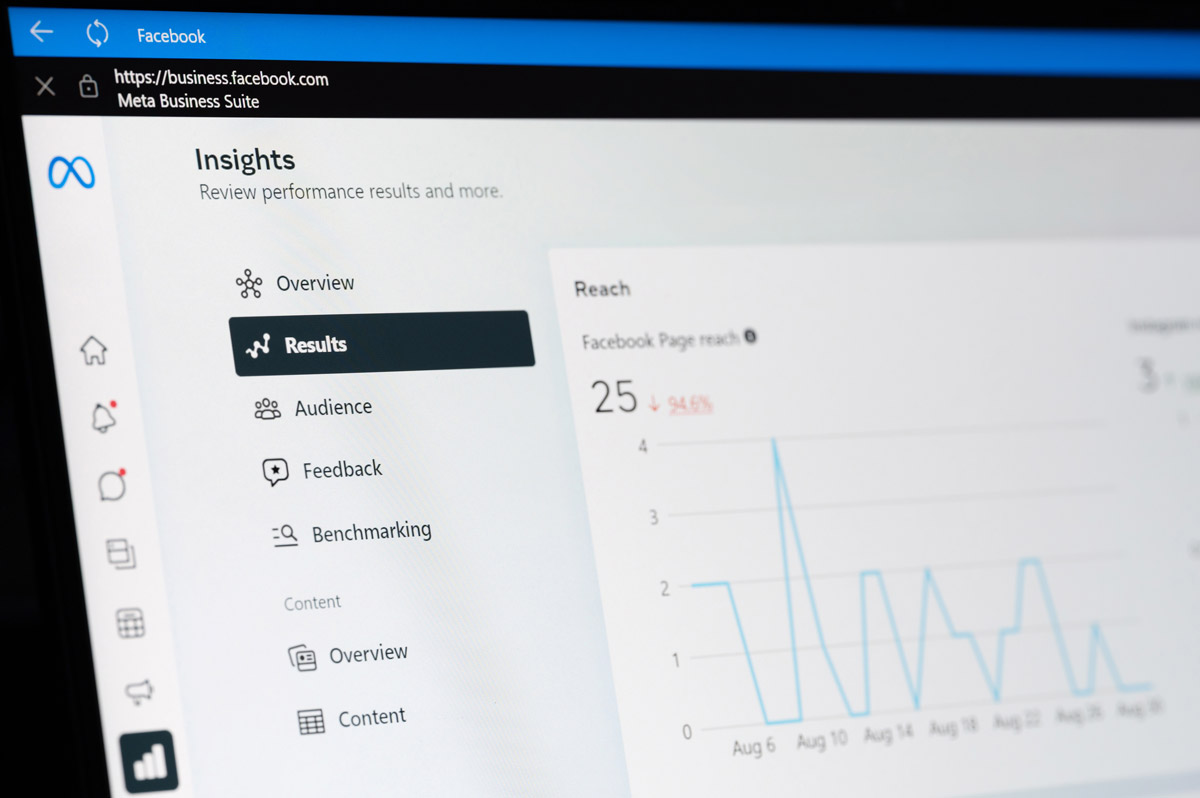Last week, Yahoo and MSN began to divulge details about the search engine results integration process and how it may impact your campaign. As reported at MediaPost.com, SEMPO held a local workgroup session with execs from Yahoo and MSN to get an update. A webinar broadcast of the session will be aired on August 4, 2010 at 12pm EST with special thanks to Yield Software.
The highlights shared on where things stand was quite interesting:
- 25% of natural search results are being powered by Bing
- 3% of paid search results are being powered by Bing
Clearly, both search engine have a lot of work ahead of them to meet deadlines that won’t impact holiday marketing efforts. As many can recall, due to internal delays at Yahoo in 2006 on “Panama”, the release was pushed back to February 2007 so not to interfere with holiday advertising. We can definitely be in-store for another “will they or won’t they rollout” 4th quarter.
The most interesting detail that was shared was how search results pages will be shared amongst the two companies. The companies thankfully learned the lessons of Ask.com’s failures and choose not to go down a Napoleanistic route to meet their Waterloo. Where Ask.com dropped the ball with their integration was by piecing together results as one and serving the ad that generated them the most money, which most often was served by Google. So as you increased your bids to gain presence, you paid more to be on their network sites Excite and Iwin, while never getting past Google on Ask.com proper. We can all now breathe a sigh of relief that Yahoo and MSN were smart enough to just chop up the page.

While getting some news out of the two behemoths was refreshing, we are still waiting idly by to understand how Yahoo’s Partner Network will be handled. For years, search arbitragers flipping Google ads to Yahoo ads have made millions at the expense of advertisers. Yahoo finally rolled out this past January, after years of grenade blasts about persistent fraud, transparency reports to allow advertisers to shut down the search arbitrage fraud. Bing has been a delight to manage to date because of the lack of a partner network that is loaded with fraud. The big question now is whether the Yahoo Partner Network will finally be put out of it misery. I’m personally on pins and needles for that one, hopefully Jack Kevorkian will present himself shortly.
While we wait for more updates, paid search advertisers need to start plugging away on their Bing campaigns to get ready for the increase in volume and competition on the somewhat dormant-to-date Bing. Some key things to start thinking about:
- Bid prices are going to change quickly, so if you are using bid management tools, start to-re-think your automated bid rules set for Bing.
- Match types are going to switch from Standard/Advanced to Broad/Phrase/Exact. Your Bing campaign may be very loosely matched as compared to your Google campaign, so you might want to consider pulling back on your Broad matching efforts.
- Dayparting on Yahoo traffic will finally be available through Bing. If you were lax in bringing your Google dayparting strategy to Bing because volume wasn’t there, it soon will be.
- Negative matching is going to become more influential with the increased volume for Yahoo, so if you’ve been lax there as well, get plugging away.
Finally, monitoring impression volumes and average positions will be key to understanding when the keywords in your campaign have triggered over to Bing. Once that occurs, get ready to kick in your optimization efforts to deal with the changes, as I have a feeling a transition between these companies will be no early Christmas gift for us paid search marketers. That makes it all the more important to get some of the busy work I noted above done now.





